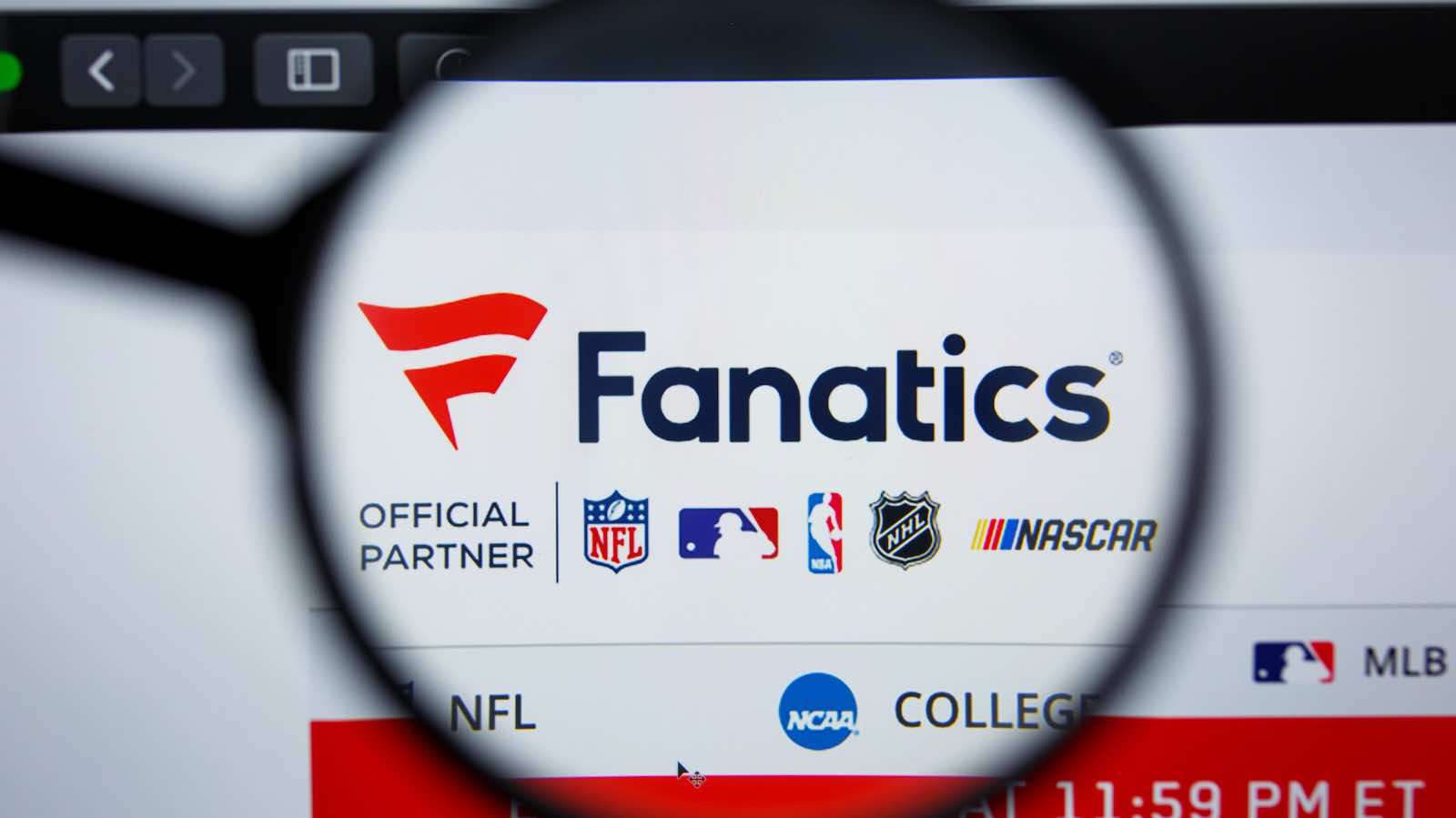Ruddock Report: Legislators’ Focus Is Not On Online Casino
There is, however, some hope to be found for legalization of online poker or live-dealer games
3 min

Our monthly look at the online gambling landscape includes the current legal and regulatory landscape, prospective online casino and online poker states, and significant trends to watch.
Lawmakers and the industry are trumpeting opportunities for online casino expansion, but forecasts from analysts and firms are becoming increasingly bearish on such efforts.
LEGAL ONLINE CASINO ONLINE POKER-ONLY
There never was much hope, just a fool’s hope
The latest comments from two leading analyst firms suggest that online casino legislation will face a rough road ahead.
Vixio’s most recent forecast has the U.S. iGaming market expanding at roughly one state every other year. The firm pointed to existing obstacles in key states, ranging from cannibalization concerns (land-based revenue and jobs) harbored by local casino operators and labor unions to a rapidly growing blowback on the marketing and responsible gambling fronts following the legalization of sports betting.
Eilers & Krejcik Gaming will publish an updated outlook for the U.S. online casino market in August. In its most recent Online Casino Monitor, the firm wrote that the outlook “will feature an even more bearish state legalization forecast than our January 2024 outlook.”
Bottom line: Under current conditions, online casino legalization will be a slow slog.
Eyes off the prize
Another potential hiccup is the miasma surrounding the already legal sports betting industry, which could cause gambling firms to protect what they already built at the expense of online casinos.
With legalization at a crawl and investors expecting companies to start turning profitable, operators are trying to stave off tax rate increases, prop betting market prohibitions, and discussions about limiting bettors, any of which will cut into the bottom line and push off profitability.
As if that wasn’t enough, efforts to repair the damage they caused in California in 2022, the ongoing battles with DFS 2.0 and sweepstakes sites, internecine spats between operators (see DraftKings and Fanatics’ legal battles over a VIP executive), and weekly stories highlighting the social harms caused by gambling are also circulating in the background.
With so much going on, it’s easy to see how the industry could lose focus on online casinos, and take a protect-what-we-already-built approach.
The candidate list
The chart below provides the outlook for online casino legalization in the coming years.
With so few realistic candidates, Casino Reports has shifted from legalization to states where we expect conversations to happen. Legalization would occur two to five years later.
As always, a dark horse could emerge at any point. Truthfully, introducing a bill out of the blue late in the session could be the best bet, as long, drawn-out debates tend to muddy the waters and provide opponents more time to formulate their arguments against legalization.
| Viable Candidates | So, You’re Saying There’s a Chance | |
| New Hampshire | Indiana | Massachusetts |
| Maine | Wyoming | Ohio |
| Louisiana | Maryland | Kentucky |
| Iowa | North Carolina | Virginia |
| New York | Illinois | Arkansas |
| Florida | Colorado | Georgia |
Candidate spotlight: Dropping the curtain on Mass
Massachusetts online casino stock tumbled after the recent legalization of online lottery. Still, the Bay State’s efforts to legalize online casinos warrant exploration.
The legislature’s decision to legalize online lottery, including eInstant games, almost certainly creates a new hurdle for online casinos. After a decade of pleading by lottery officials, the legislature finally authorized the lottery to offer online games through the state budget. The argument that appears to have won over lawmakers was the lottery’s claim that there has been cannibalization of lottery sales following the introduction of mobile sports betting.
Now that it has a vested interest in online products, the MA Lottery will likely make the same argument to keep online casino games, particularly slot machines, out of the state.
Online instant-win games closely resemble online slot machines, which is bad news for online casino efforts.
Trends to watch
Trend no. 1: Model legislation
The first glimpse of the National Council of Legislators from Gaming States’ model online gambling legislation was unveiled at the group’s recently concluded summer meeting in Pittsburgh.
The discussion provided a few details, but not many. One detail that emerged was the group’s insistence on a moderate target tax rate between 15% and 25%.
A more complete framework is expected to be completed by the time the NCLGS Winter Meeting rolls around in January.
In a presentation by NCLGS’ founder and former president, Steve Geller, the organization identified the following policy points as areas of focus:
- Revenue generation — iGaming vs. sports betting expectations
- Tax rates — What’s the sweet spot?
- Responsible gaming — Regulated market protects the consumer
- Brick-and-mortar — Cannibalization/skins
- Advertising — Operator responsibilities
- Licensing — A revokable privilege
- Age limits — 18 vs. 21
- Data sharing — Collaboration with universities
That said, NCLGS will have some competition for legislators’ ears.
Speaking at the NCLGS conference, the NCAA’s Clint Hangebrauch said the organization has drafted its own model legislation … for sports betting.
Still, it’s unlikely lawmakers would consider one without the other, and the NCAA’s model legislation will likely focus on limiting markets and more restrictive responsible gambling policies.
Trend no. 2: Let’s get creative
Moving on from the doom and gloom, supporters may decide that, given the cannibalization concerns, they should pare down their asks to poker-only or, more likely, a combination of poker and live-dealer table games.
Online slots and non-live-dealer table games are the more concerning products for regional casino operators and unions that fear a shift to online play will reduce jobs at land-based casino properties. Poker-only or restricted online games are something to watch for during the 2025 legislative sessions.





